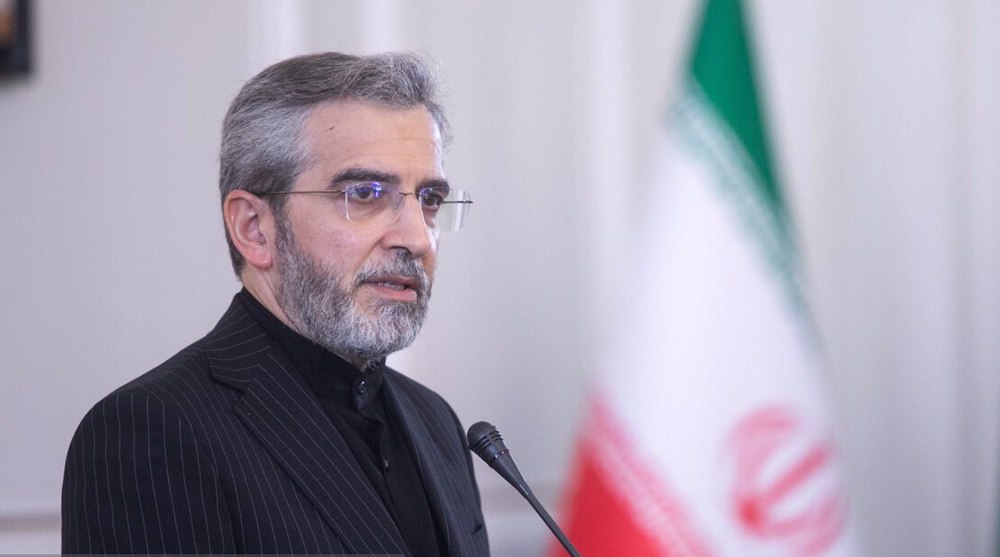ALWAGHT- The acting Minister of Foreign Affairs, in response to the anti-Iranian actions of the three European countries, asserted: "The Western nations, particularly the three European countries, have transformed the International Atomic Energy Agency into a venue for their political vendettas against Iran, but they will undoubtedly fail in this endeavor."
Ali Bagheri, the acting Minister of Foreign Affairs of the Islamic Republic of Iran, spoke to the Russian network "Russia Today" during the BRICS foreign ministers' meeting. In the interview, he criticized the pressure tactics of the three European countries against Iran, stating: "For about two years, the Europeans have made no positive contributions to the negotiations. This action by the three European countries is clearly deceptive. While they show no seriousness or will to pursue negotiations, they unjustly accuse Iran of breaching its commitments."
He further stated: "Iran continues to adhere to the commitments it made in the 2015 agreement. The steps Iran is taking to develop its nuclear activities, and will undoubtedly continue to take in the future, are within this framework."
Bagheri emphasized that these actions are conducted under the NPT framework and supervised by the International Atomic Energy Agency. Thus, Iran has not violated any commitments. It is the Western parties, particularly the three European countries, that are misusing the technical and specialized mechanisms of the International Atomic Energy Agency to compensate for their failures in other areas.
Notably, according to the agency's report, on June 3, 2024, Germany, the United Kingdom, and France sent a letter to the United Nations Security Council concerning Iran's nuclear activities. In their letter, these three European countries asserted that Iran's escalation of nuclear tensions has stripped the JCPOA of its essence, thus reducing its value in terms of nuclear non-proliferation.
Western diplomats and other sources familiar with the letter's content indicated that its purpose is to increase pressure on Iran in the United Nations Security Council and to buy time to resolve Iran's nuclear issue diplomatically before the expiration of the Security Council resolution next year, which could reinstate United Nations sanctions against Iran.
Last week, these three European countries succeeded in passing a resolution against Iran in the International Atomic Energy Agency's Board of Governors. This resolution accuses and condemns Iran for failing to provide the necessary cooperation with the agency.
The resolution was approved with 20 countries voting in favor, including the United States, two countries (Russia and China) voting against, and 12 countries abstaining.



























